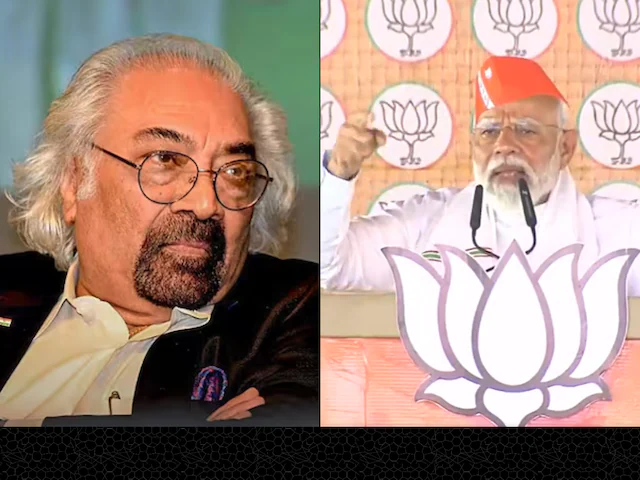The Bharatiya Janata Party (BJP) has ramped up its criticism against the Indian National Congress, accusing the party of harboring intentions to tax inherited wealth. However, Congress leaders have refuted these allegations, pointing out that some BJP leaders themselves have previously discussed similar proposals.
Congress leader Pawan Khera recently shared screenshots of old tweets from Amit Malviya, the head of the BJP IT cell, suggesting that he once supported the idea of taxing inherited wealth. The tweets were believed to reference BJP’s former Minister of State for Finance, Jayant Sinha, who proposed the concept of an inheritance tax. Although the authenticity of these screenshots hasn’t been independently verified, Khera’s post sparked debate on social media, with a caption reading, “Meanwhile Amit Malviya regretting why he didn’t delete his past tweets.”
Prime Minister Narendra Modi entered the fray by attacking Congress following remarks by Indian Overseas Congress president Sam Pitroda about “inheritance tax.” Modi alleged that this statement revealed Congress’s “dangerous intentions” to seize people’s assets and rights. Congress’s General Secretary for Communications, Jairam Ramesh, responded firmly, denying any plans for an inheritance tax and highlighting that Congress’s former prime minister, Rajiv Gandhi, had abolished the Estate Duty in 1985.
Ramesh went on to challenge Prime Minister Modi, citing evidence of previous BJP support for inheritance taxes. He referred to Jayant Sinha’s public statement in 2014, indicating his support for such a tax, and reports from 2017 and 2019 suggesting that the Modi government had considered re-introducing an inheritance tax. Furthermore, Ramesh pointed out that former Finance Minister Arun Jaitley praised inheritance taxes for their role in encouraging large endowments to institutions in Western countries.
As the debate over inheritance tax continues to unfold, Congress’s firm denial has raised questions about the BJP’s stance on the issue. With both parties presenting conflicting claims, the public is left to scrutinize the evidence and draw their own conclusions.






